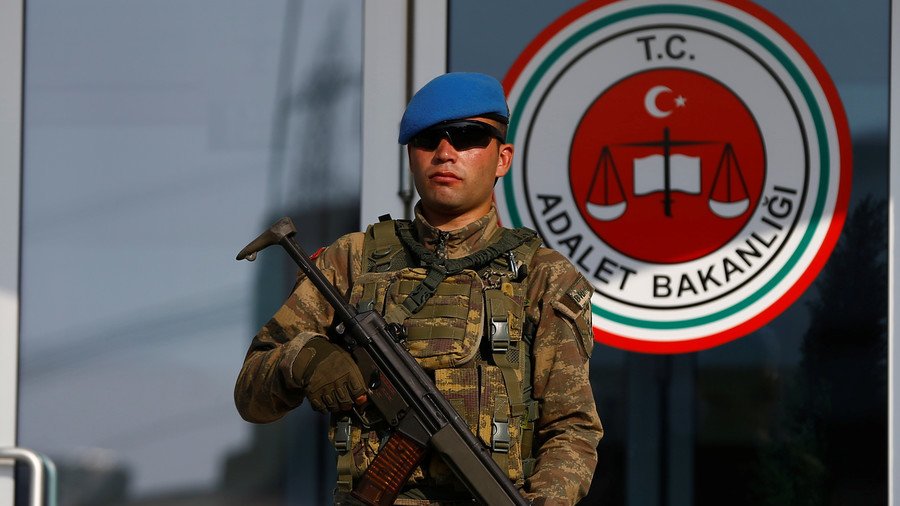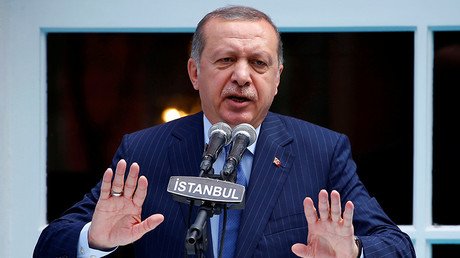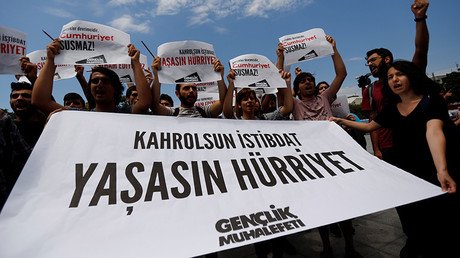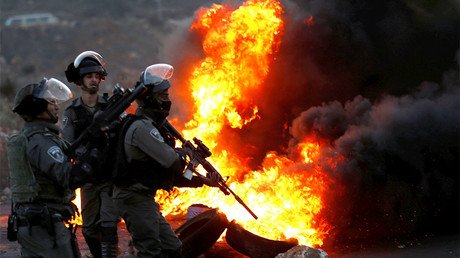No Ali Baba for terrorists: Turkish high-security prison bans classic tales for ‘safety reasons’

A Turkish prison has refused terrorism convicts a number of classic novels, including Ali Baba and the Forty Thieves and The Little Prince, claiming that the literature might be used as a tool for “encoded communication.”
The crackdown on “unsafe” books has been launched by a high-security prison in the south-eastern Turkish city of Diyarbakir, local media report citing a correctional facility document. While the step was made early in December, news outlets obtained the document only this week.
The decision to ban the books is based upon an instruction issued by the Justice Ministry last year. Terrorism convicts and detainees were allowed to receive from the outside world only such “schoolbooks” as were needed to continue education. Moreover, all recreational literature strictly must originate from a prison library.
The list of books barred from entering the Diyarbakir prison includes such classic novels as The Little Prince, Robinson Crusoe, Peter Pan, Tom Sawyer, and Ali Baba and the Forty Thieves, as well as several others. All the books were “examined” by the authorities, according to the document and not only deemed not educational, but actually quite dangerous material, potentially harming the “institution’s security.”
While the content of the novels were not a concern, the books themselves “might be used for encoded and uncontrolled communication,” the facility’s administration stated. Control over the books coming in and out of the prison is essential amid “the struggle against terrorism during the state of emergency,” it stressed, in a reference to Turkey’s declaration of July 2016. The state of emergency arose from the aftermath of a botched military coup, and Ankara has been extending it ever since.















